Flexible care with real structure and support
Addiction recovery isn’t a one-size-fits-all process. At Discover Recovery, we offer tailored treatment options that meet your unique circumstances. Our intensive outpatient program (IOP) provides expert care, comprehensive support, and a flexible structure to help you rebuild your life while balancing your daily responsibilities. Whether you’re transitioning from residential treatment or seeking an effective first step toward recovery, our IOP offers a compassionate, evidence-based approach to guide your path forward. To learn more about our addiction treatment programs, call us today at 866.719.2173.
What is an intensive outpatient program?
An IOP is a level of addiction treatment that provides structured and focused care while allowing clients to maintain their everyday lives. Unlike residential or inpatient programs, IOPs don’t require you to live at the treatment center. Instead, you attend scheduled sessions while continuing to work, care for your family, or pursue other commitments.
IOPs are ideal for those who need significant support but don’t require round-the-clock care. At Discover Recovery, our IOP includes a combination of therapies, counseling sessions, and physical and emotional wellness practices to help clients address the root causes of addiction and develop strategies to achieve lasting recovery. This program is particularly effective for those managing co-occurring mental health conditions, as it offers an integrated treatment approach for holistic healing.
The IOP at Discover Recovery
The Discover Recovery IOP is available in our Portland, Oregon clinic. Clients participate in therapy, develop recovery strategies, and receive ongoing clinical guidance while maintaining their routines outside of treatment.
Flexibility for real-life responsibilities
Our IOP allows you to receive high-quality care while continuing to meet the demands of your daily life. Whether you’re managing work schedules or family obligations, the program is designed to accommodate your commitments, making it easier to prioritize recovery without sacrificing your other responsibilities.


Access to evidence-based therapies
Our IOP includes a variety of therapies to address addiction and co-occurring mental health conditions, such as:
- Cognitive-behavioral therapy (CBT)
- Dialectical behavior therapy (DBT)
- Trauma therapy and EMDR
- Medication-assisted treatment (MAT), when clinically appropriate
- Mindfulness, expressive arts, and other holistic options
You’ll work with our team to create a personalized treatment plan that is meaningful to your goals and future in recovery.
Dual diagnosis expertise
We specialize in treating co-occurring mental health disorders alongside addiction. Our dual diagnosis approach ensures that underlying mental health conditions, such as anxiety, depression, PTSD, or bipolar disorder, are addressed as part of the recovery plan. Tackling both together leads to stronger outcomes and a more stable foundation.


Strong support network
While you’re in our IOP, you’ll connect with peers who are also on the path to recovery. Group therapy sessions foster a sense of community, allowing you to share experiences and gain support from others who understand your challenges. This connection helps reduce isolation and keeps motivation strong.
A look at a typical IOP week
IOPs typically run three days per week, M/T/Th, and may include morning or evening tracks based on availability. Here’s an example of what a week might look like:
Monday
9:00 AM
Process group
10:30 AM
Breathwork group
12:00 PM
Lunch break
1:00 PM
"Go the Distance" activity group
2:00 PM
Addiction 101 group
Tuesday
9:00 AM
Process group
10:30 AM
Resourcing group
12:00 PM
Lunch break
1:30 PM
Mental health and recovery group
Thursday
9:00 AM
Process group
10:30 AM
Creative expression group
12:00 PM
Lunch break
1:15 PM
Breathwork group
Actual schedules vary by client needs and clinical recommendations.
Great facility and fantastic staff, with great services that truly help. Not one of those rehab/recovery facilities that stuff in as many people as possible and ignore individuality - instead Discover Recovery focuses on a wholistic approach, with individual attention and care. My 30 day stay here has changed my life - they helped me get it back! My two kids now only know a sober, healthy, supportive Dad; and my wife has her husband back. I highly recommend DR, they will help you stand up again.
Alumni
Tremendously helpful experience at a point in my life when I desperately needed it. Amazing place all around. The group and individual therapy was professional, the house and property were beautiful and serene and the food was healthy and delicious. Hands down best Recovery facility in Oregon or Washington. Everyone who worked at Discovery Recovery truly cares about your well being and healing process.
Alumni
This place truly saved my life I absolutely love the staff and would recommend this place to ANYONE struggling with addiction. The staff are so patient understanding and incredibly kind. I cant thank this facility enough for taking such good care of me. They have amazing drug counseling and regular counseling and the outings we go on are incredibly fun.
Alumni
Transitioning toward independence
For clients stepping down from a higher level of care, our IOP serves as a supportive bridge to independent living. You’ll still receive therapy and support, but with more freedom to return to work, school, and community involvement.
We also help prepare you for what’s next. Your care team will work closely with you to build an aftercare plan, connect you with local resources, and ensure you feel ready for life after formal treatment ends.
Frequently asked questions
How long is an intensive outpatient program?
Most IOPs last between eight and 12 weeks, but the exact length depends on your treatment plan and clinical progress. We’ll work with you to determine the right timeline.
What’s the difference between IOP and PHP?
Partial hospitalization programs (PHPs) are more intensive, typically running five–six hours per day. IOPs provide about 3 hours of treatment per day, several days per week, allowing for more personal flexibility.
Can I work while attending IOP?
Yes. The IOP at Discover Recovery is designed for clients balancing treatment with work, school, or family obligations. Morning and evening tracks may be available based on your schedule.
What does a typical week look like in IOP?
You’ll attend group sessions, individual therapy, and wellness activities three–five days per week. You’ll also meet with a case manager and develop a plan for long-term success.
How successful are intensive outpatient programs?
When paired with dual diagnosis care and personalized therapy, IOPs can be highly effective. Many clients use IOPs as their primary care level or as a step-down from residential treatment.
What support is available after IOP ends?
We help each client build a robust aftercare plan, including referrals to therapy, community groups, sober living, or alumni support. Our goal is to stay connected beyond discharge.
What happens after you reach out?


Call or submit a form
You’ll connect with our admissions team to talk about your needs and goals.


Insurance and clinical screening
We’ll verify your coverage and help determine if IOP is the right fit.


Program start
We’ll schedule your first day, match you with a therapist, and build a personalized plan.


Ongoing support
As you progress, we’ll adapt your plan and help you transition into everyday life with confidence.
Explore More From Discover Recovery
What to Look for in an Inpatient Alcohol Rehab in WA
Finding the right alcohol rehab in Washington can feel overwhelming, especially if you’re struggling to take the first step. Whether...
What to Look for in a Medical Detox Center in Long Beach, WA
Medical detox is the essential first step in addiction recovery — and where you go matters as much as the...
How to Find the Right Detox Center Near Me
If you are searching for a detox center near you, chances are the decision feels urgent — and more than...
How Long Does OxyContin Stay in Your System?Detection Times, Drug Testing & Safety
Adderall vs. Ritalin: Key Differences in Effects, Dosage, and Side Effects
Adderall and Ritalin are both first-line stimulant medications for ADHD — but they’re not interchangeable. Adderall contains amphetamine salts; Ritalin...
Can Buprenorphine Help Reduce Cocaine Use?
No FDA-approved medication currently exists to treat cocaine use disorder — making it one of the most challenging addictions to...

Medically Reviewed By
Dr. Kevin Fischer, M.D.
Kevin Fischer, M.D. is an experienced leader in the fields of Internal Medicine and Addiction Medicine. He works with patients suffering from Substance Use Disorder to evaluate their comprehensive health needs and prescribe Medication-Assisted Treatment (MAT). In addition, he mentors aspiring health professionals and leads collaborative care through team-based medical models. He also directs treatment strategies and streamlines clinical protocols for effective substance use recovery.











